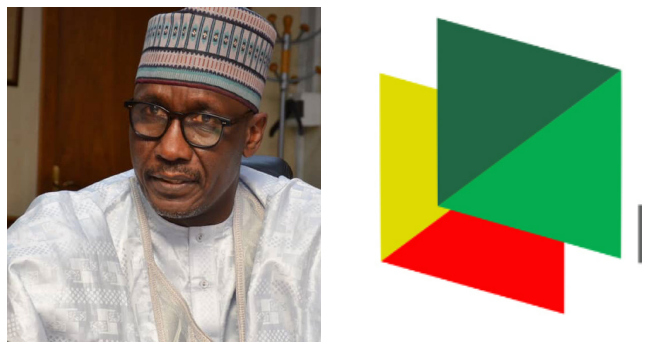
Oil Production Inches Closer To 1.7mbpd – NNPCL
According to Mele Kyari, the Group Chief Executive Officer of the Nigerian National Petroleum Company Limited, the daily production of crude oil is around 1.7 million barrels.
The NNPCL CEO made this revelation while speaking to attendees at a Saturday engagement in Lagos between the NNPCL and the Nigerian Association of Petroleum Explorationists.
He said that the daily total of 1.7 million barrels was an increase from the 1.28 million barrels recorded in April.
Kyari claims that vandalism and oil theft are the main reasons why the country's crude oil production is constantly declining, underscoring the necessity of combating insecurity in the oil and gas industry in order to boost output.
"How can oil production be increased? Eliminate the security risk associated with our onshore assets. The security challenge is real, as we are all aware. The availability of the infrastructure to transport the volume to the market is more important than theft alone.
"If someone knows that oil production won't reach the market, they won't invest money in it." We have eliminated more than 5,800 unauthorised connections from our pipelines in the last two years. More than 600 illicit refineries, or whatever they were called, were demolished. Until you find a solution to that issue, you really cannot convince people to contribute money," he said.
Kyari claimed that everyone had turned to barging as a result of pipeline destruction, with some people needing to pay $21 to deliver an oil barrel to the ports.
"It is not normal to barge." Even transportation is more expensive than barging. We didn't even consider barging in 1991—we just oiled the trucks. However, it is what we are doing right now," he said.
Nonetheless, Kyari revealed, "I won't talk about it, but the good news is that the administration is working on a lot of it. However, I am aware that this will happen. It's starting to fade. The effects are already apparent.
"According to today's data, we're just about at 1.7mbpd. This will not be celebrated. Without taking any action and without digging any new wells, our output reached 2.2 million barrels per day on April 17, 2020. The COVID-19 made a difference. Everyone went to sleep, even the vandals and robbers.
"This infrastructure ought to be under our control. We have a lot going on. I have no doubt that things are shifting, which is why the new value is being presented. The level of production will rise.
Kyari's position is in response to Channels Television obtaining the Organisation of the Petroleum Exporting Countries' most recent Monthly Oil Market Report (MOMR) for May 2024, which said that the nation's crude oil production is still 1.2 million barrels per day.
Direct sources were cited in the report as accountable for its production statistics.
The research states that since 2023, oil production has varied between 1.3 and 1.2 million barrels per day.
Production was 1.2 mb/d as of early last year, according to OPEC, but it increased to 1.3 mb/d by the fourth quarter and stayed there until March 2024, when it fell to 1.2 mb/d. 1.7 million barrels per day is still not being produced, according to OPEC data.
Kyari added that when it comes to the conversation about building the infrastructure required to guarantee gas supply, the AKK pipeline is a crucial component.
He underlined that a 2.7 kilometre river crossing is the only thing needed to complete the connection between the east and the west.
He promised that this will be finished by the end of May or June, opening the way for gas to move from the east to the west.
Speaking, Abiodun Ogunjobi, President of NAPE, stated that modernising current gas infrastructure and constructing new ones is critical for effective gas production and utilisation.
Additionally, George Osahon, the Chairman of NAPE's Board of Trustees, emphasised the importance of the NNPCL in promoting oil and gas development in Nigeria.
Osahon pleaded with Kyari to provide industry assistance in areas like providing technical training and data for study.
Similar to this, the nation's reserve and output are diminishing, thus it is necessary to create good policies and incentives for improvement, according to Chief Chamberlain Oyibo, the immediate past chairman of the BOT.





